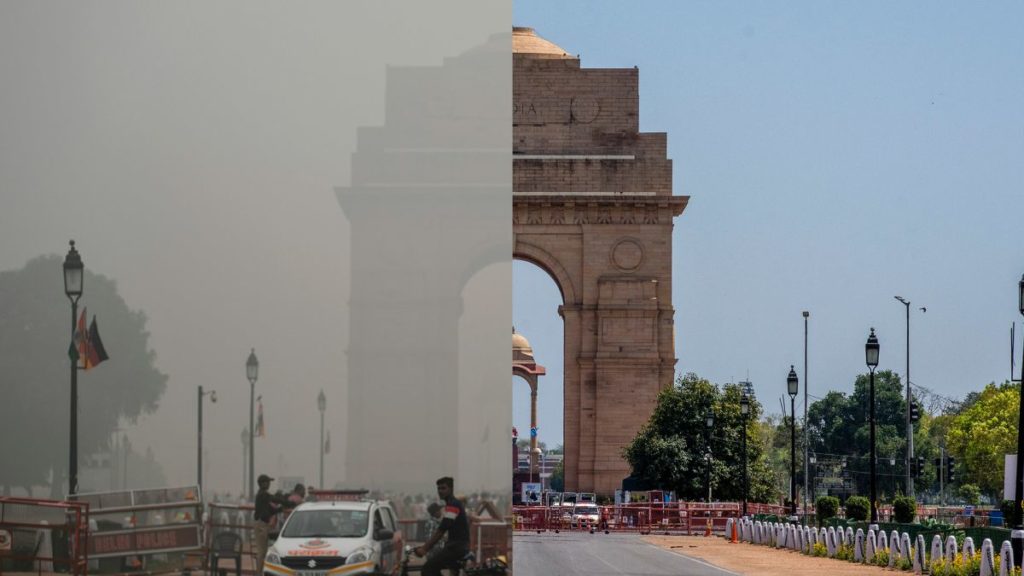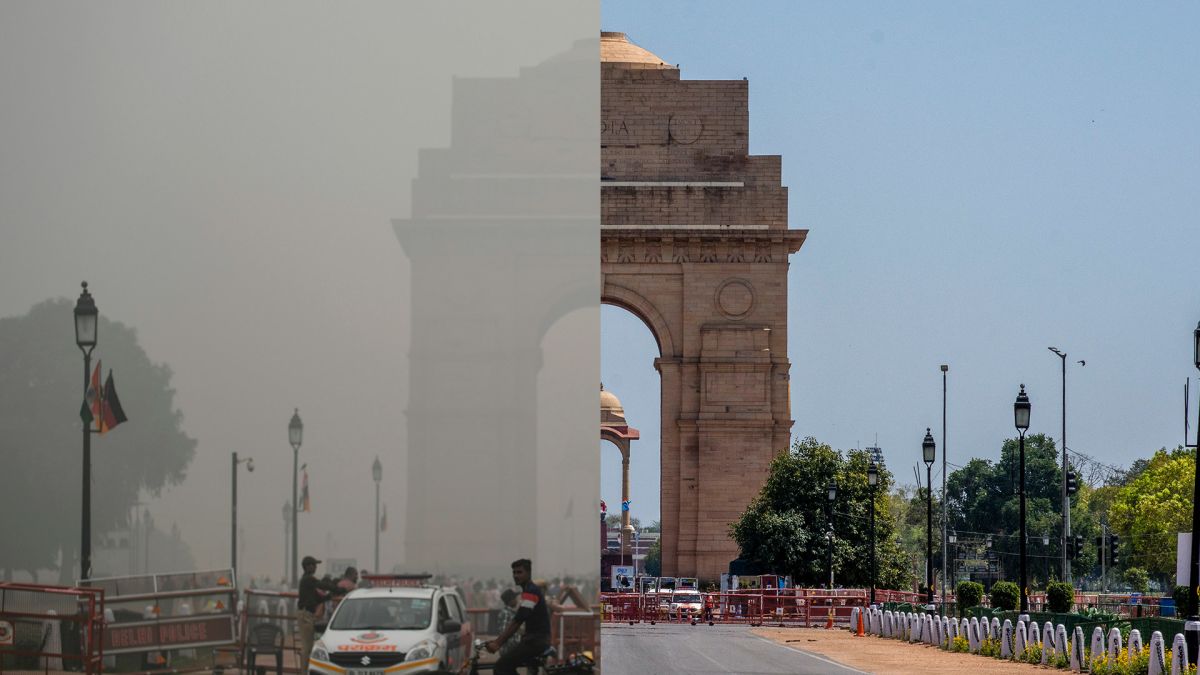
By Alex Pinsk || Editor-in-Chief
As stay-at-home orders become more stringent, so do travel bans, limitations on social gatherings, and the policies surrounding how exactly major corporations and organizations operate at this time.
This global pandemic comes with an extraordinary amount of loss and grief that is tangible for many individuals. Hundreds of thousands of people are dying, and the virus presented itself on a quick exponential curve at an age during which the global community was ill-equipped to deal with its spread and ramifications. COVID-19 is not a ‘good thing’ by any stretch of the imagination.
However, something particularly striking about the effect of COVID-19, is the indirect impact on the global environment. While individuals have been forced to stay at home and transportation has decreased significantly, the air quality in many regions has improved dramatically. These improvements are palpable (Washington Post).
This puts the human impact on climate change into perspective. All of a sudden, emissions are decreasing and air quality is improving because humans have significantly altered their lifestyles and governments have been forced to place restrictions on human interaction and economic development.
While improved air quality is something positive that, theoretically, officials and world leaders have been striving for for decades, the world should not have necessitated a global pandemic to shed light on its human impact. Dr. Elizabeth Sawin, Co-Director of Climate Interactive said that “this is not…the way we want to see the air quality improving or greenhouse gas emissions changing” (Skimm Special: COVID-19 and Climate Change).
Now that we are aware that lifestyle changes of the greater community can dramatically alter the trajectory of climate change, it is essential that we take responsibility and act. The fact that air quality is improving is not something that individuals should be excited about. If anything, this should be a warning sign—a red flag for individuals, policy makers, and elected and government officials.
Climate change is a real, perceptible problem, and it is essential that steps are taken now in order to put us on the right path following the COVID-19 pandemic. In order to put the world on track to survive climate change, carbon emissions must be reduced by 7.6% per year from now until 2030 (UN Environment Programme). It should not have taken a global pandemic for us to realize the degree to which the human footprint negatively impacts the environment. However, now that that has happened, it is our responsibility to act in order to protect the best interests of Planet Earth. And here is what one could do to bring some changes with the help of carbon offsetting methods to reduce the carbon footprint and carbon produced in the environment.
It is true that changing the trajectory of climate change is not a task which falls in the hands of one or two individuals. It is a global decision which requires new policy and collaboration at a universal level, between world leaders. However, there are still steps that individuals can take to aid in environmental efforts. Perhaps, the most essential step is to vote in upcoming elections.
Candidates at the local, state, and national levels, have a variety of different perspectives and views on climate change and what the United States and the world at large need to do in order to promote a healthier environment. It is the responsibility of individuals to do research into these candidates and encourage others to do the same.
Visit the websites of candidates running for office, and learn more about their missions and where climate change falls on their priority lists. Contact these candidates or campaign representatives and ask about the major steps that they have taken or will take for the betterment of the global climate. In what ways will these candidates act as influencers, and to what degree do those efforts seem effective?
According to many experts, “when life returns to normal, so will emissions” (Skimm Special: COVID-19 and Climate Change). That means that potentially, as soon as a COVID-19 vaccine is widespread and established and treatment options have completed trial stages, people will be able to live their lives as they did before the pandemic. A change in policy, outreach, and governance, is possible with new leaders, and it is up to individuals to choose these leaders with the environment in mind.
So if you are able, I implore you, vote. It is a responsibility, and a way in which we can hold each other accountable.
If the global community does not take COVID-19 as a call-to-action with respect to the environment and altering the course of climate change, there is little hope for the world. More than 250,000 people per year are predicted to die from climate change between 2030-2050 due to malaria, diarrhea, heat stress, malnutrition, etc. (World Health Organization).
The environment itself impacts humans. It is the air we breathe, the paths we walk, the trees we climb. If COVID-19 has taught us anything, it is that we are responsible for our own actions, and we can play a role in how our own communities respond to pleas from the environment (BBC). The impact that COVID-19 is having on the Earth should not be one which provides us with a sigh of relief or makes us feel better about the future of the globe.
Rather, it should be one which highlights climate change as a pervasive issue, routed in the human footprint, and one which fosters a glimmer of hope in the minds of individuals in order that we may not sit back and relax, but that we may advocate for the environment and make decisions in the best interest of the globe.
Senior Alex Pinsk is Editor-in-Chief. Her email is mpinsk@fandm.edu
